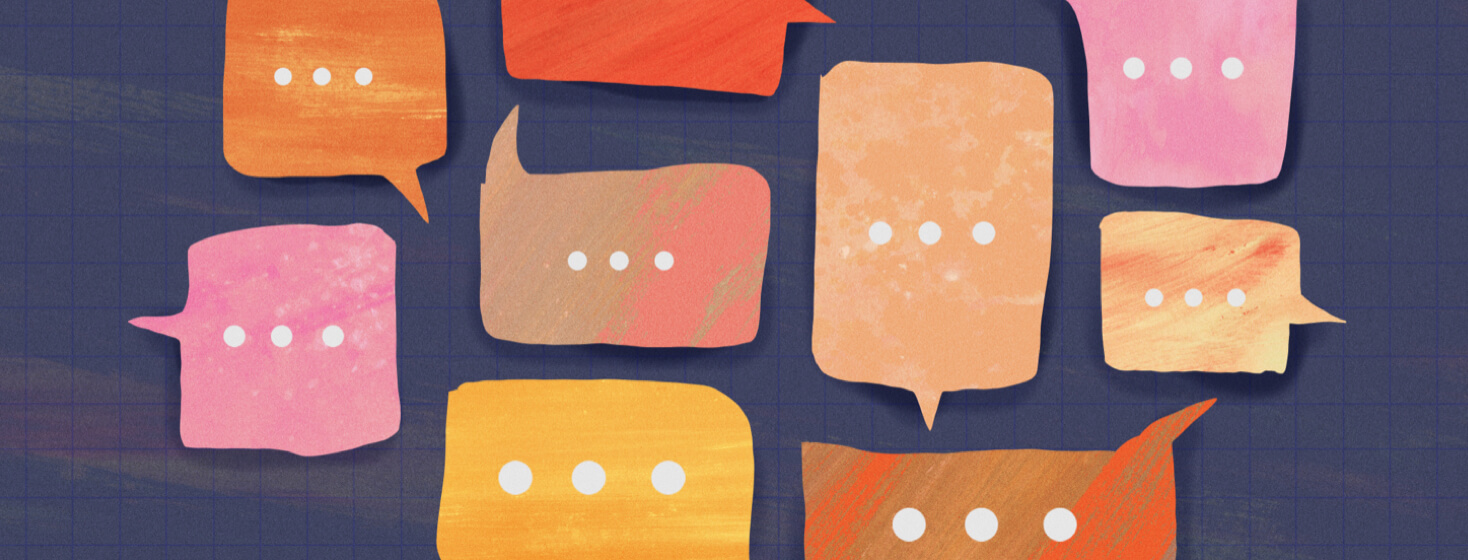Community Views: The Most Frustrating Symptoms of Narcolepsy
It is hard to name just a single symptom of narcolepsy that makes life a challenge. Narcolepsy makes nighttime sleep difficult in many ways, which, in turn, can make normal daily activities a struggle also.
To find out more about the varied symptoms of narcolepsy that cause the most common difficulties and frustrations, we reached out to our Facebook community with a prompt: "Fill in the blank: My most frustrating narcolepsy symptom is _____."
Here are some of the responses you shared.
Featured Forum
View all responsesFeeling drowsy during the day
When every night brings interrupted sleep, it is a challenge to have enough energy to get through the day. Excessive daytime sleepiness is one of the hallmark symptoms of narcolepsy; the most common answer to the prompt among our members was that feeling sleepy almost all of the time is the most frustrating part of living with this sleep disorder. Many people in the community rely on stimulants like certain medications or caffeine to make it through their daily workloads.
“It is almost impossible for me to actually finish anything because it takes so much longer than it would for someone without narcolepsy. It can be so incredibly frustrating.”
“Excessive daytime sleepiness. It makes it hard to do basically anything.”
"Having the genuine desire to accomplish so many things at home, but not having enough energy to even start, let alone finish tasks."
Getting only fragmented sleep
It is common among people with narcolepsy to wake up several times during the night, and many also suffer from insomnia. This can lead to feeling anything but refreshed come morning. Some members of the community shared that they have accepted that they can get only short periods of sleep, so they try to make that sleep the best it can be. This can include trying to keep a consistent sleep schedule and avoiding alcohol, especially before bedtime.
“Fragmented sleep. It really sucks when you cannot sleep more than 5 hours without being interrupted.”
“Not sleeping for more than a couple hours at a time at night.”
“Having energy when it is not needed, then not having energy when it is needed.”
Needing suddenly to sleep
They’re called “sleep attacks.” Out of nowhere, the feeling of suddenly and desperately needing to sleep arises. These attacks are unpredictable and can make everyday life a challenge, knowing that you can be interrupted at any second. A few commenters shared that they avoid eating unless they know they have the time and space to sleep immediately afterward. Other solutions given include medications.
“When I am in the middle of doing something important and productive, and the sleep scourge hits me out of nowhere. I have to drop what I am doing immediately and sleep.”
“Sleep attacks! I do not eat at work in order to avoid them.”
Waking up exhausted from vivid dreams
Dreams occur in rapid eye movement (REM) sleep. REM accounts for 20 to 25 percent of sleep for people without narcolepsy. People with narcolepsy fall in and out of REM sleep very quickly and easily, making them much more likely to remember their dreams. Sometimes these dreams are frightening or intense and can lead to an "emotional hangover" long after waking.
“The vivid dreams make me feel exhausted when I wake up.”
“The vivid dreams that make me wake up exhausted.”
Sudden paralysis with strong emotions
Type 1 narcolepsy is characterized by a symptom called cataplexy. Cataplexy is a sudden loss of muscle tone that can be brought on by strong emotions like fear, anger, stress, or laughter. Periods of cataplexy are often short-lived, but given that emotions are often unpredictable, so is how long the cataplexy attack will last.
“The cataplexy with strong emotions.”
“Rubber legs.”
Limits on driving
Driving can be a challenge for people living with narcolepsy for several reasons. One, driving at night can often make you sleepy. Two, the possibility of a cataplexy attack poses an additional threat to your safety while driving. For some people with narcolepsy, the solution is to limit their driving to short distances that they know they can manage without falling asleep. Taking a nap before driving or in a safe pullover spot can help as well.
“The inability to drive at night despite medication.”
“Getting sleepy driving after more than 10 minutes has severely limited how far I travel.”
"I had my first cataplexy while I was driving. I can't move from the waist up. I ended up 12" into the oncoming traffic. That was the last time I drove."
Needing to cancel or avoid making plans
Several community members shared that they are most frustrated with how narcolepsy makes it hard to have a social life. Narcolepsy can cause you to fall asleep in the middle of time with friends, or it can make you too tired to show up for plans in the first place. For some people, the solution is to make plans only with friends who understand that canceling at the last minute might happen.
“The inability to sit at a bonfire, watch a movie, or even sometimes sit in a meeting without falling asleep.”
“The lack of control or anticipation of when I will have sleep attacks. I cannot plan anything!”
"The lack of understanding from other people."
We want to say thank you to everyone who shared their experiences in response to our prompt for this community views article. We are grateful for your willingness to share your frustrations with us and your fellow community members.
Want to see more articles like this? Browse our collection of Community Views articles and read more stories and advice from the narcolepsy community by clicking the button below!

Join the conversation